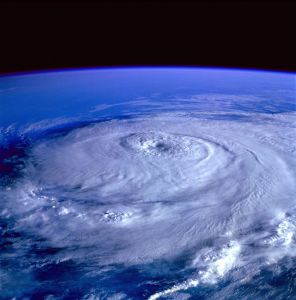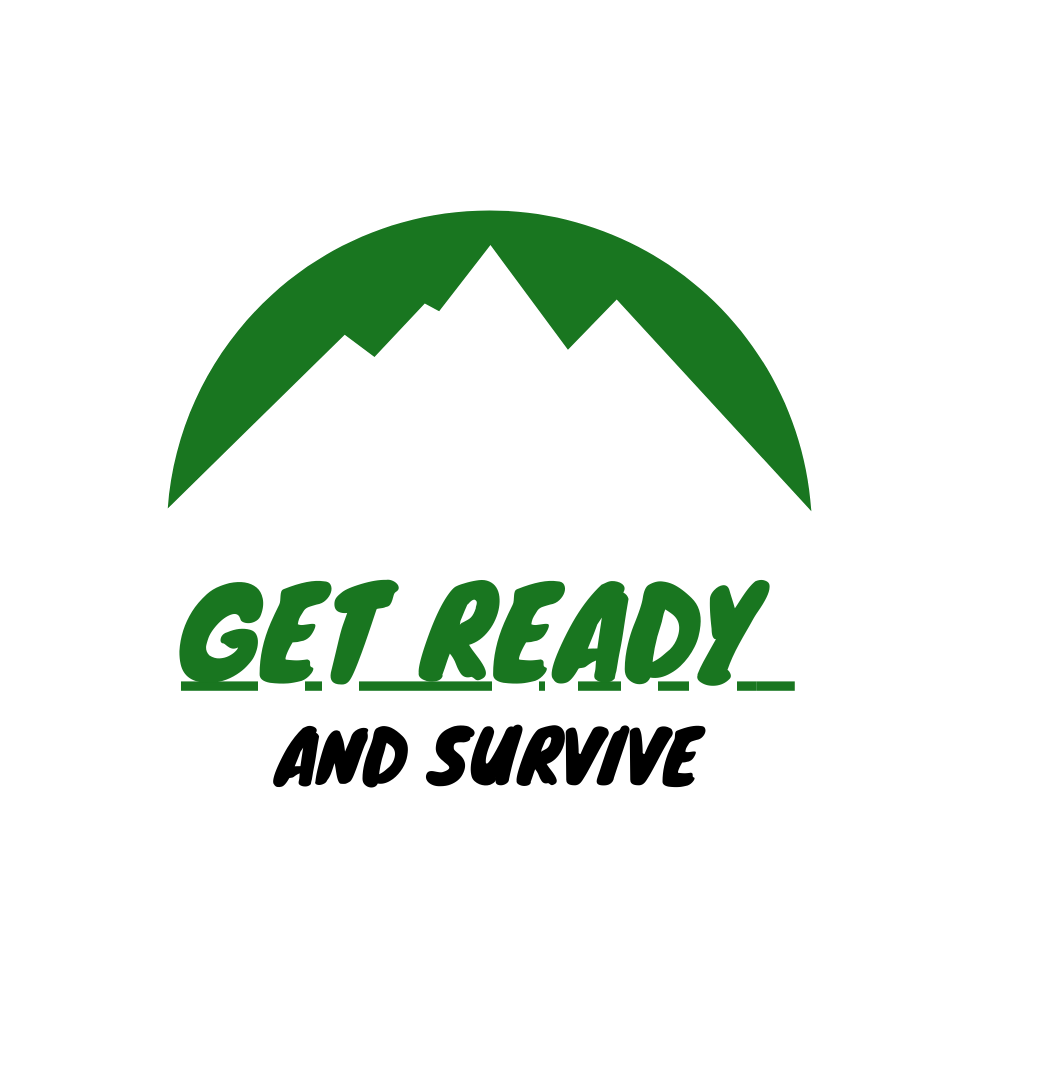As the winds howl and the rain pours, hurricane season sweeps in with its unpredictable fury, leaving communities vulnerable and individuals on edge. Each year, countless lives are disrupted, and properties damaged by these natural disasters. However, with adequate preparation and a clear plan in place, you can increase your chances of weathering the storm. We'll explore essential tips and strategies for surviving hurricane season.
Stay Informed: Knowledge is your greatest asset during hurricane season. Stay tuned to local weather forecasts and updates from reliable sources such as the National Hurricane Center. Familiarize yourself with the hurricane categories and understand the terminology used to describe the storm's intensity and potential impact. Get a weather radio and extra batteries, this way when the power goes out you can still keep updated on the storm.
Create an Emergency Plan: Develop a comprehensive emergency plan for your family or household. Identify evacuation routes, designate meeting points, and establish communication channels in case you get separated. Ensure that everyone knows their roles and responsibilities during an emergency, including caring for pets and securing valuable documents.
Stock Up on Supplies: Before the hurricane hits, as soon as hurricane season starts stock up on essential supplies to sustain you and your family during and after the storm. This includes non-perishable food items, drinking water, medications, flashlights, batteries, first aid kits, and hygiene products. Don't forget to include items for your pets as well. Don't wait until the storm is close because the stores will be empty on hurricane supplies. Gas stations will run out of fuel because everyone rushes to the gas stations all at once.
Secure Your Property: Take proactive measures to protect your home and belongings from potential damage. Trim overhanging tree branches, secure loose outdoor items, reinforce windows and doors, and consider installing storm shutters or boarding up windows. Clear gutters and drains to prevent flooding, and consider investing in a generator for backup power. You will need a generator an extra fuel, due to power will not be restored for day or even weeks.
Evacuate Early if Necessary: If authorities issue evacuation orders for your area, don't hesitate to leave. Follow evacuation routes and instructions from local officials, and evacuate early to avoid traffic congestion and hazardous conditions. Remember, your safety is paramount, and it's better to evacuate and return later than to risk being caught in the midst of the storm. If your going to evacuate don't wait until the last minute. You don't want to be stuck on the highway when the storm hits. Once the issue the evacuation, it will be bumper to bumper out of the state.
Stay Connected: Maintain communication with loved ones and neighbors before, during, and after the hurricane. Keep a charged cell phone and consider investing in alternative communication devices such as two-way radios or satellite phones. Check on elderly or vulnerable neighbors to ensure they have the support they need. Make a plan, if the hurricane it your cell phones don't work and wont for days, due to cell towers get damaged.
After the Storm: Once the hurricane has passed, exercise caution when returning home or venturing outside. Watch out for downed power lines, flooded roads, and other hazards. Avoid flooded areas, as they may be contaminated or hiding dangerous debris. Assess your property for damage and document any losses for insurance purposes.
Hurricane season can be a challenging and stressful time, but with careful planning and preparation, you can increase your resilience and protect what matters most. By staying informed, creating an emergency plan, stocking up on supplies, securing your property, evacuating early if necessary, staying connected, and exercising caution after the storm, you can navigate the challenges of hurricane season with greater confidence and safety. Remember, it's better to be over-prepared than under-prepared when facing nature's wrath. Remember it takes weeks, months, and even years to get everything back to the way it was before the storm. I still don't have a roof on my house after hurricane Ian.


